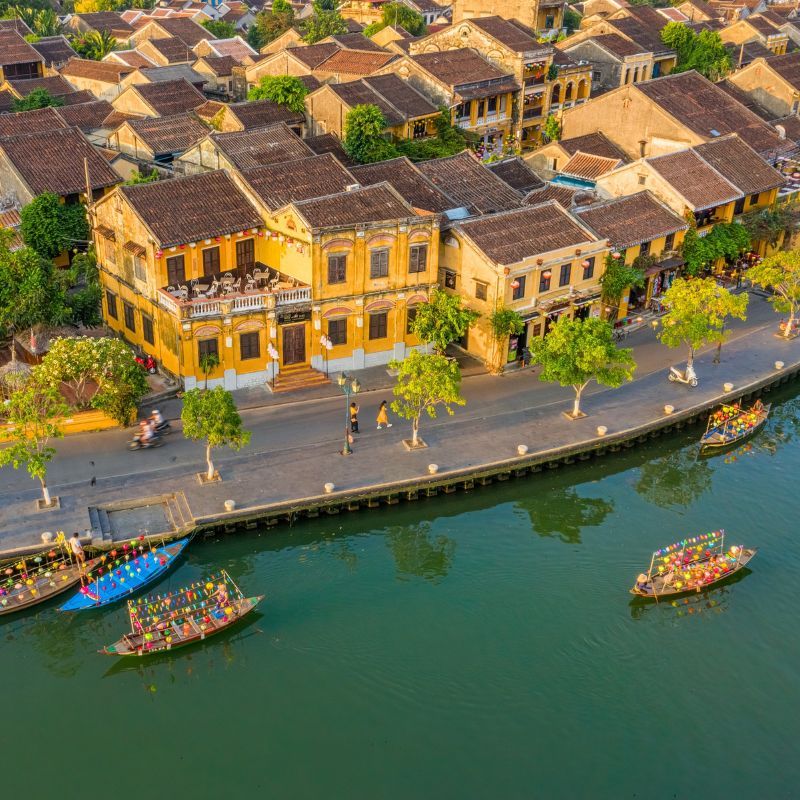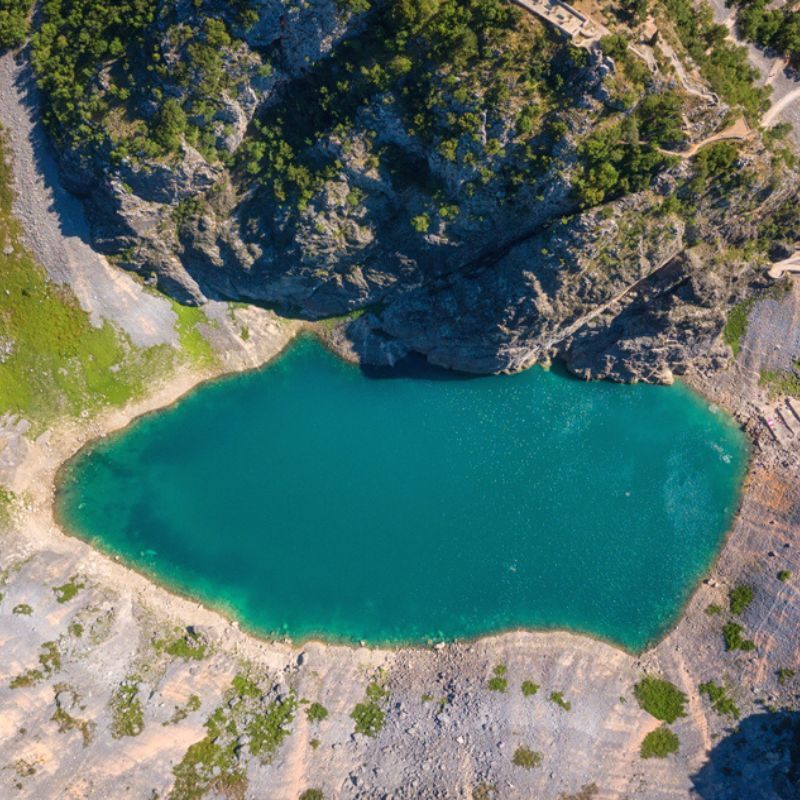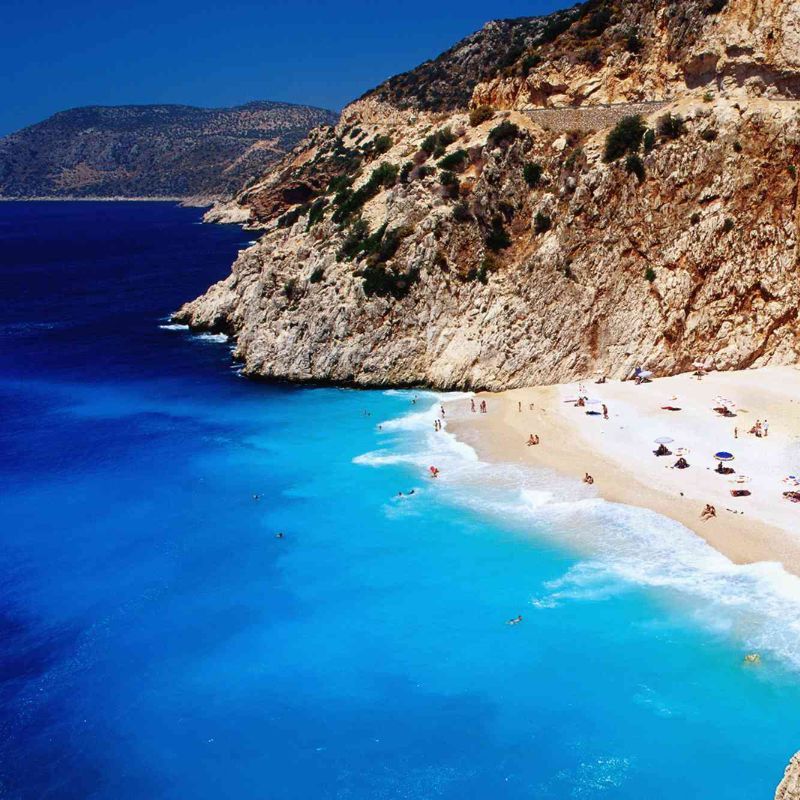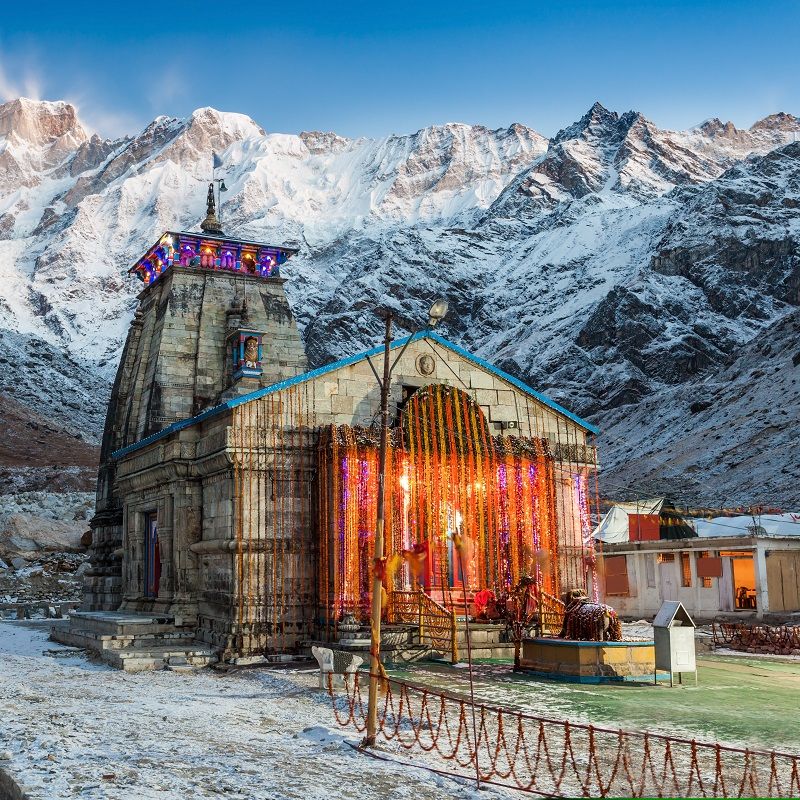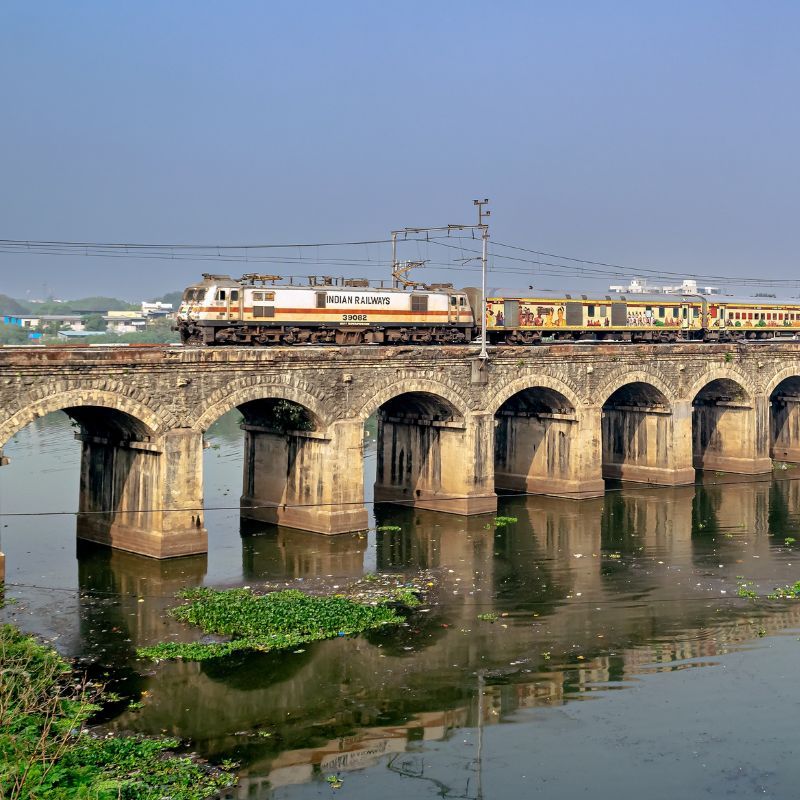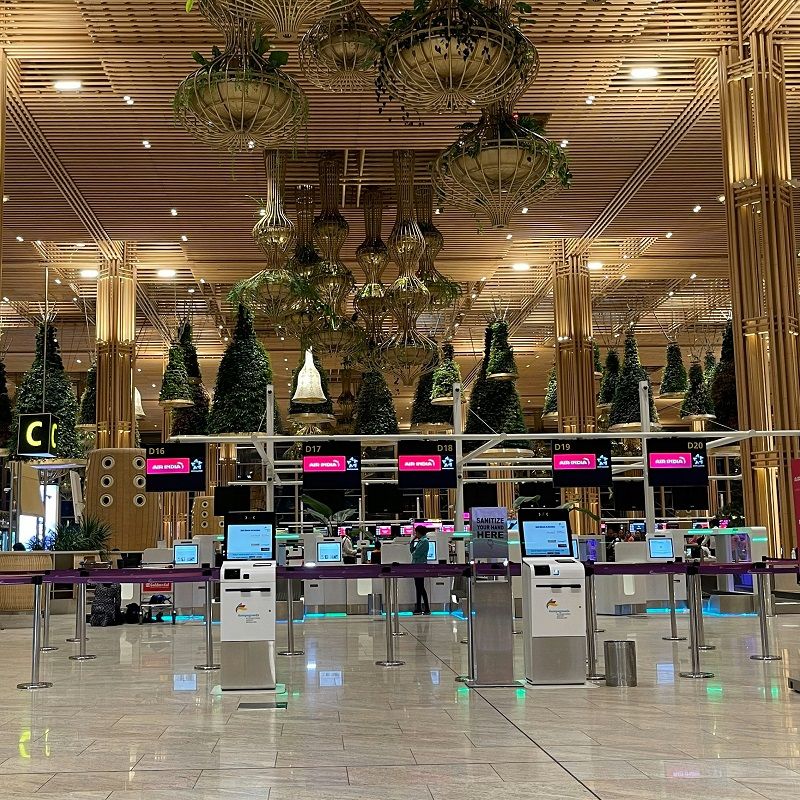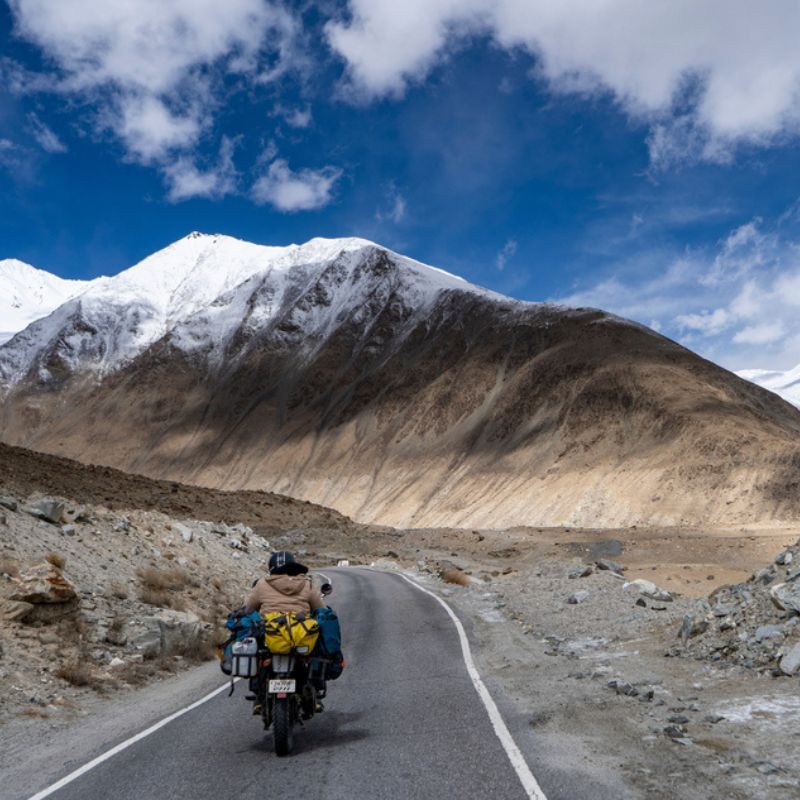
Lakes with crystal blue waters could be a rarer sight in the years to come. This is because rising water temperatures caused by global warming are leading to algae blooms, which are turning lakes more green in colour. By Travel + Leisure
Scientists are increasingly sounding the alarm about the consequences of climate change on wildlife. Some birds, such as the blue tit, are already beginning to change colour due to physiological stress caused by rising temperatures. And, according to extensive research recently published in the journal Geophysical Research Letters, lakes could face a similar threat. Indeed, the stunning deep blue lakes, for which some people are willing to climb arduous mountain slopes for hours, may turn green because of higher temperatures and increasingly intense and frequent precipitation that contribute to warming their waters.
More on how climate change will affect the colour of lakes all across the globe
To reach these conclusions, the research team used 5.14 million satellite images of 85,360 lakes and reservoirs from around the world to determine their most common water colour. Given that the colour of a lake can vary depending on the season and algae growth, the authors of this study chose to analyse the colour of these lakes over a seven-year period between 2013 and 2020.

The study shows that blue lakes represent only a small portion of the world’s lakes: less than a third. They are also the deepest, generally located in regions with cool climates and high altitudes. The remaining lakes are mostly green and brown (69% of all water bodies studied). They are found in drier climates, at lower altitudes and along the coast.
Effects on water quality
And the percentage of blue lakes could further decrease, particularly in the northeast of Canada, in the north of Europe and in New Zealand, where many of them are found. This change of colour is explained by the increase of water temperatures and a greater proliferation of algae. “Warmer water, which produces more algal blooms, will tend to shift lakes towards green colours,” said Catherine O’Reilly, an aquatic ecologist at Illinois State University and author of the new study.
But the change in colour of these lakes will have more than just aesthetic consequences, the study warns. It may also produce changes in water quality. “If you’re using lakes for fisheries or sustenance or water drinking water, changes in water quality that are likely happening when lakes become greener are probably going to mean it’s going to be more expensive to treat that water,” said O’Reilly. “There might be periods where the water isn’t usable, and fish species might no longer be present, so we’re not going to get the same ecosystem services essentially from those lakes when they shift from being blue to being green.
“The research also points to the impacts that changes in the colour or composition of lakes could have on recreational and cultural activities. For example, in northern European countries, such as Sweden and Finland, frozen lakes in winter are popular with skaters, but these may become increasingly rare as a result of global warming.
This story was published via AFP Relaxnews
Main and Feature Image Credit: Photography Sylvia_Adams / Getty Images©
Related: These Awards Not Only Honour Sustainability Champions, But Also Help Safeguard The Environment


